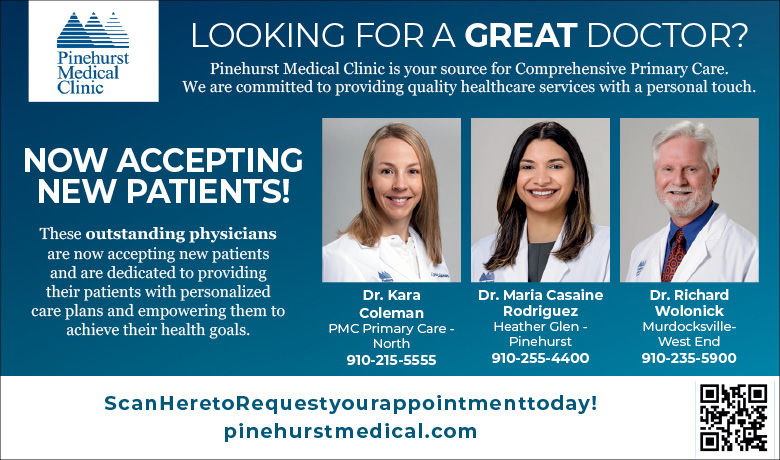The following was sent in by Will Grine, J. Bradley Wilson Albert Schweitzer Fellow. It does not reflect the views of The Seven Lakes Insider.
Forget air fryers and Snapchat filters, social distancing is the new trend of 2020. With the Coronavirus (COVID-19) pandemic now upon us, we are facing many transitions. Schools now have online lessons, businesses have been forced to adjust, I am patiently waiting to return to dental school, and no one can find toilet paper. During uncertain times as these, the first thing to go is our schedule. We might stay in our pajamas too long and we might eat lunch at three, but one thing that we need to remember to schedule time for is our oral health.
One question I receive a lot is, “should I go to the dentist during the COVID-19 outbreak?” The current CDC and the American Dental Association recommendation (and now requirement in some states) is to reschedule all “non-essential” dental services such as teeth cleanings and cosmetic procedures. This does not mean that one should stop going to the dentist when emergencies arise. Toothaches and dental trauma are inconvenient in nature; they will not simply just stop due to a viral outbreak.
Our body gives us signs when something is not quite right, and choosing to ignore these signs has consequences. Tooth pain, for instance, is often an indicator of infection. When left untreated, this infection can easily spread to the brain or heart and become life-threatening. When in doubt, call your local dentist for advice on whether your condition requires an immediate visit.
However, just because recommendations are to stay put at home and our schedules all look very different than they did just a few weeks ago, it is important now, more than ever, to take care of our teeth and gums. The mouth acts as the gateway of the immune system. Transmission of COVID-19 occurs when respiratory droplets, produced from an infected individual’s cough or sneeze, travel through the air or direct contact to others. Since the virus is abundantly present in the saliva of infected patients, it is especially important that individuals not share toothbrushes. Frequent hand washing and keeping our hands away from our faces and mouths are two additional ways that we can take action to significantly reduce the chance of transmission.
While the novelty of the COVID-19 outbreak is currently causing panic, longstanding health concerns associated with poor oral health remain serious. A healthy mouth and a healthy body are interconnected. Poor oral health is associated with severe health risks, such as an increased incidence of heart disease, stroke, and diabetes, and not taking proper care of one’s mouth has even been associated with the onset of Alzheimer’s. All of these conditions can weaken the immune system and reduce the ability to fight off infections, including COVID-19.
So while you continue to maintain a distance of six feet between you and others, wipe down those Amazon boxes before you bring them into the house, and pull out that next puzzle, don’t forget to schedule in consistent dental home hygiene. Have a few new soft bristle toothbrushes, a couple of packages of floss, and fluoridated toothpaste added to your next grocery delivery. Remember that paying attention to the importance of your mouth could be the difference in your saying “not today, Corona.”
Will Grine, J. Bradley Wilson Albert Schweitzer Fellow












